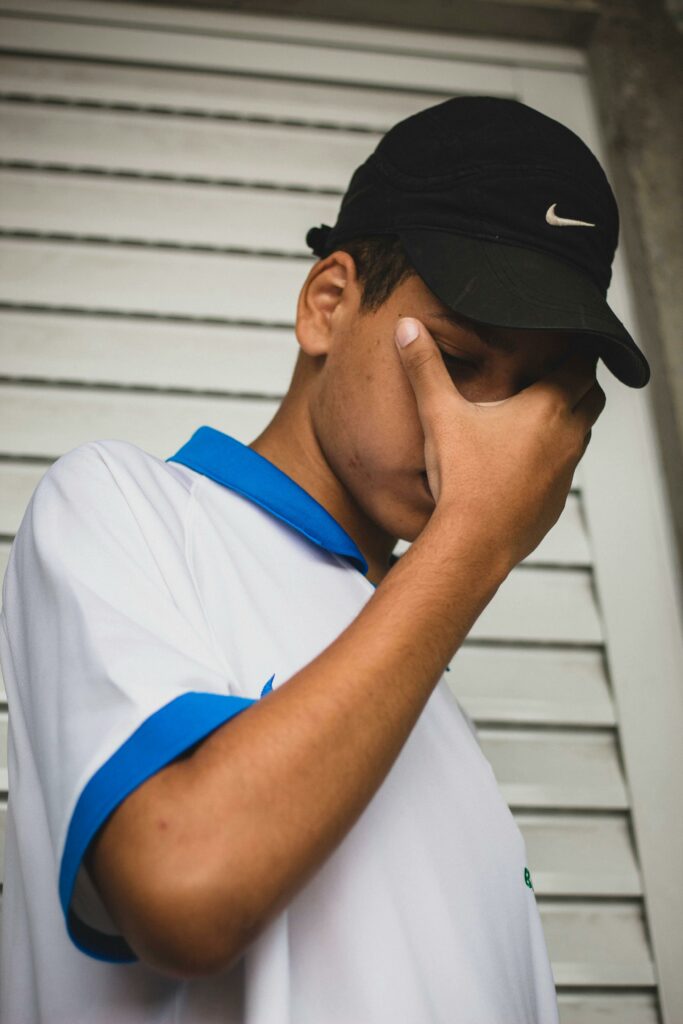As young athletes, it’s easy to get caught up in the physical aspect of training. They spend countless hours perfecting their techniques, building strength and honing their skills on the field or court. But there’s one critical area that often gets overlooked: the mental training!
The big mistake is ignoring the mental training!
The mistake that many young athletes make is neglecting the importance of mental preparation. We focus so much on the physical aspects of the game (inc parents) that we forget about the mental side of things. However, mental training is just as crucial, if not more so, than physical training.
Think about it: in high-pressure situations, it’s often our mental game that sets us apart from the competition. Whether it’s staying calm under pressure, maintaining focus during a critical moment or bouncing back from a setback, mental toughness can make all the difference in achieving success.
So why do so many young athletes neglect mental training? Perhaps it’s because it’s less tangible than physical training. You can’t see mental toughness in the same way you can see muscles or speed or skills. But that doesn’t make it any less important.
To excel in sports, young athletes must prioritize mental training alongside their physical regimen. This means incorporating techniques such as visualization, positive self-talk, goal-setting and mindfulness into their routine.
By addressing the mental aspect of their game, young athletes can enhance their performance, boost their confidence and develop the resilience needed to overcome obstacles. So let’s avoid the mistake of overlooking mental training any longer. It’s time to give our minds the same attention and care that we give our bodies.
From which age should we start?
Starting mental training can vary depending on the individual child and their maturity level but generally, introducing basic mental training techniques can begin as early as 8 to 10 years old. At this age, children are developing their cognitive abilities and emotional awareness, making it an opportune time to lay the foundation for mental skills development.
Simple exercises such as deep breathing, visualization, and positive self-talk can be introduced gradually and incorporated into their sports activities. As children grow older and become more engaged in competitive sports, they can delve deeper into mental training techniques tailored to their specific needs and challenges.
Ultimately, the goal is to instill good mental habits early on so that young athletes can develop the resilience, focus and confidence needed to excel both on and off the field as they continue to mature.
Mental training is a lifelong journey and starting at a young age sets the stage for long-term success in sports and beyond!
#mentalskills #youngathletes #amazonbooks #mentaltraining #kidsbooks

